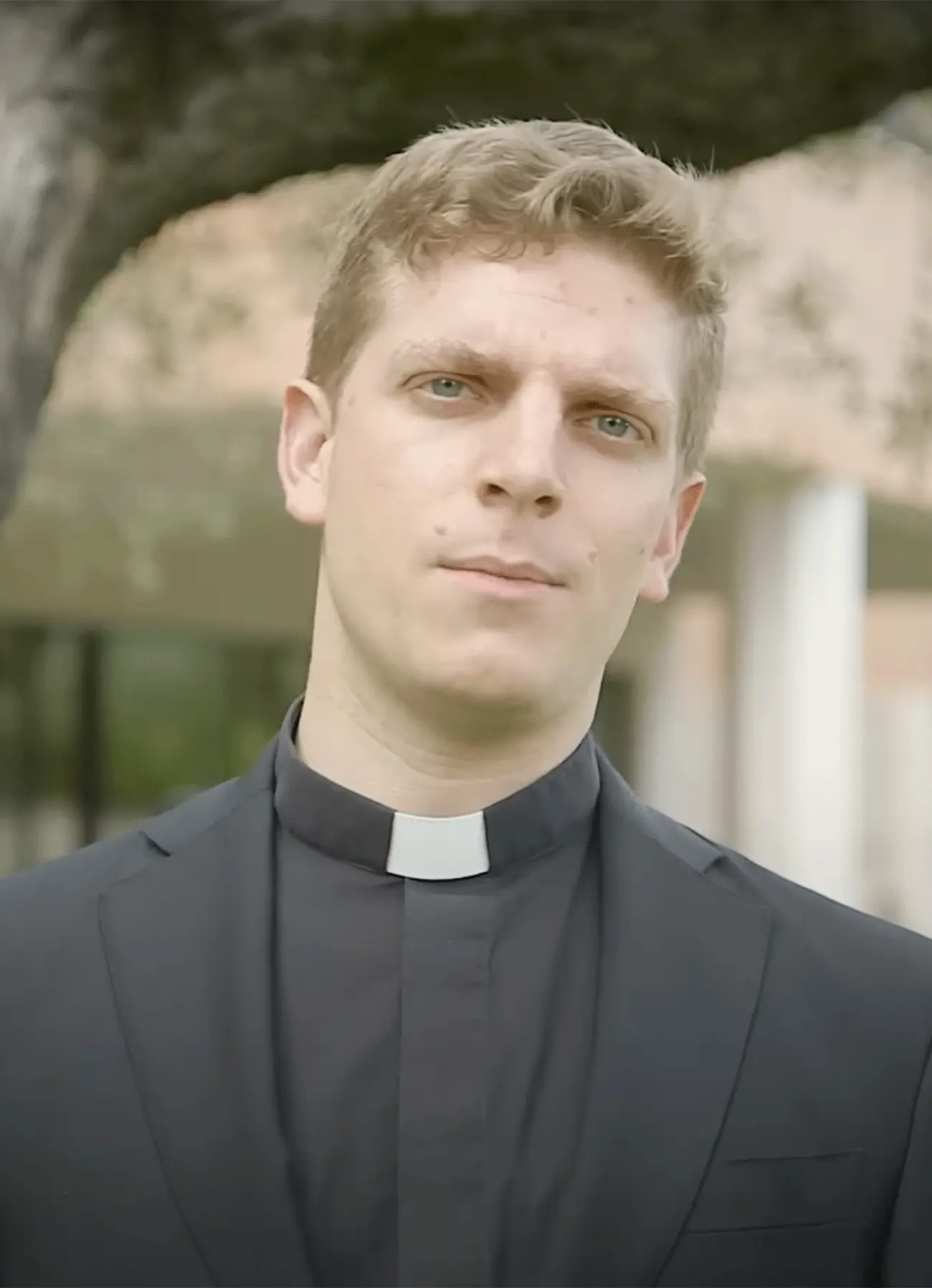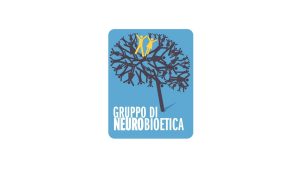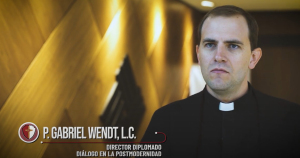Philosophy
Our Faculty of Philosophy offers a comprehensive study of philosophical disciplines that prepares students for dialogue with today’s pluralistic world.
The goal of the courses at the Faculty is to provide a serious and systematic philosophical education, preparing students to approach the study of Theology in a rigorous and profound manner, responding to the challenges of the new evangelization and addressing the questions raised by the contemporary cultural world.
At the Faculty of Philosophy, we foster the development of critical thinking and proper ethical discernment through mastery of the philosophical heritage, with particular attention to the fundamental principles of the Doctrine of St. Thomas Aquinas.










